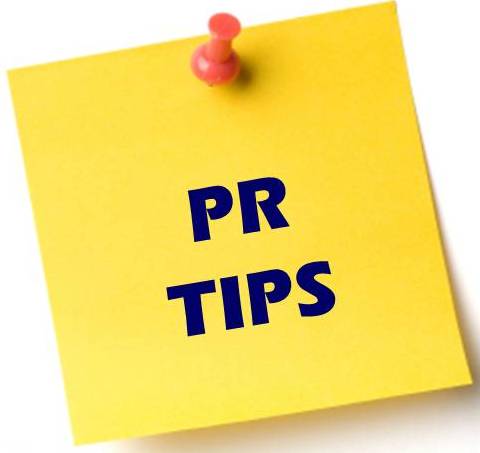
AJGpr loves to read blogs about public realtions and we are a fan of PR in Your Pajamas recent post – 10 Times-Tested PR Skills That Will Never Go Out oF Style. Here is what PR professional Elena Verlee has to say:
Here at PR in Your Pajamas, we often talk about PR trends and the new demands they place on PR professionals. These fast and frequent changes keep us on our toes, requiring us to develop new skills on the fly.
But in this post, I’d like to go back to basics. Let’s remember the time-tested, essential PR skills we need. These skills are so important, so foundational, that I dare say they have and will continue to withstand the test of time. They transcend technology and fads.
Good Old-Fashioned PR Skills
1. Writing
Forget what they say about how people no longer read these days. Even if the majority of your audience prefers video to text, you still need to know how to communicate by putting words on paper.
I’d like to point out two specific types of writing that we need to know and master to succeed in PR. The first is journalistic writing. Knowing what’s important, and communicating the essential parts first. Writing in a way that grabs the attention and interest of readers immediately. If you’re more of a creative writer, don’t despair. Journalistic writing can be learned.
The other type of writing we need is copywriting. Copywriting is simply selling in print. It’s using words to hook your audience, align with their personal goals, and motivate them to do what you want. Copywriting is applied, not only in the written word, but also in radio and video. The basis of copywriting is persuasion, so if you know copywriting, you also inadvertently become a more effective persuader.
2. Interpersonal Skills
PR is all about interacting with others. You need to build rapport and effectively relate with the C-suite (whether your own company’s or your client’s), technical experts, sales people, the marketing staff, journalists, customers. Strong people skills will open many doors for you, and make PR work much easier. On the other hand, if you hate interacting with people, you’ll probably hate PR work.
3. Negotiation
Negotiation skills are also essential. You negotiate with decision makers to get their buy-in on the PR campaign. You negotiate a story with journalists and editors. If you know how to create win-win situations, you’ll be successful in PR.
4. Media Awareness
Can you be good in PR and dislike actually consuming media — watching TV, listening to the radio, surfing websites, reading the news? I doubt it.
In PR, we need to know all about the media. What media are available in what formats, who runs them, who consumes them, what content they provide, and who creates the content. These things are location and culture-specific.
Aside from knowing the media, you also have to be able to think like the media. You need to have a nose for news. Be able to put yourself in a journalist’s shoes. Can you sniff what will become the next big thing? Then you’re one step ahead of your competitors.
5. Research
PR practitioners need to learn tons of new information with each new client or campaign we have. It’s necessary to know how to find the information you need. Speed reading comes in handy for this. More importantly, you must have the ability to evaluate the information you do find and “connect the dots” – synthesize them in a useful form.
6. Strategic Thinking
Thinking strategically includes the ability to set objectives and formulate a plan to achieve them. It also means taking calculated risks, and recognizing opportunities and maximizing them. In PR, where the solutions aren’t always straightforward, a strategic thinker can create opportunities where none appear to exist.
7. Attention to Detail
You have to anticipate needs and problems before they arise — and be ready for them. By being detail oriented, you think of the smallest things, including those that may not be so important, but could spell disaster if neglected. Think typos on press releases, forgotten appointments with journalists, and having enough copies of your media kit. Small stuff, yes, but someone’s got to stay on top of them!
8. Management
Aside from interacting with people and communicating persuasively, as a PR practitioner, you’re also a manager. You manage resources, time, and people, including yourself. You have to be realistic with your budgets, know how to mobilize human resources, and produce results.
9. Statistics and Measurement
As if being a good writer weren’t hard enough, PR professionals also need math skills. You measure and monitor inputs, outputs and results, so you need a good head for numbers. Understanding statistics and data — and knowing how to use them for high-impact communication — is a critical PR skill that will remain relevant long after your latest smartphone or tablet has become obsolete.
10. Business Sense
Finally, PR pros need to have good business sense. We don’t do PR for PR’s sake but to help contribute to the bottom line of our or our client’s business. Having business acumen is what you need to be taken seriously by clients or the C-suite.






